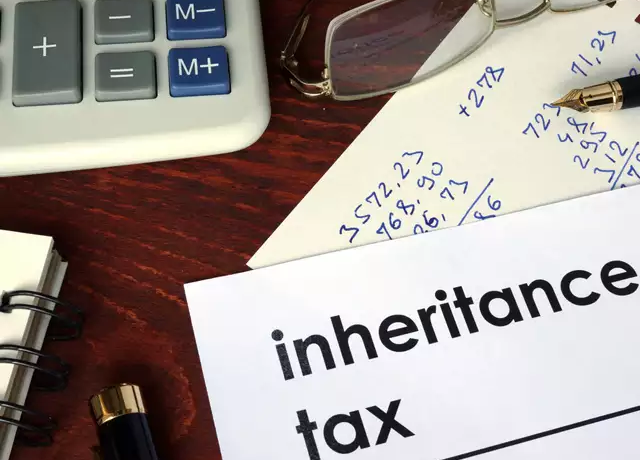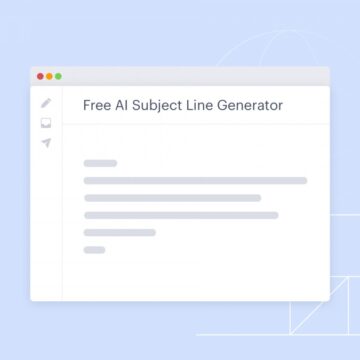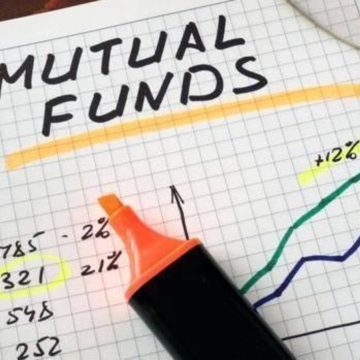Understanding inheritance tax is easier than you think. When you die, your assets — including property, income, and money — are added together. If the amount is over £325,000, the excess amount is taxed by the IHT. But there are ways that you can reduce the amount of taxes that accrue.
Married Couples and Civil Partners Have a Higher Threshold
When your spouse dies, he or she can pass on his or her threshold of £325,000 to the partner. This applies to civil partnerships as well. This raises the surviving partner’s threshold to £650,000. So if all the joint assets total more than that, the excess is taxed at 40%. Known as the Transferable Nil Rate Band, it reduces the total inheritance tax.
The Residence Nil Rate Band
Another way to reduce your tax is to give your home to one of your children. Stepchildren, adopted children, and grandchildren also count. This gives you an extra allowance of £125,000 added to the minimum threshold. This rate will increase slightly until 2021. If your deceased partner didn’t use the RNRB, his or her share is added to yours for even more savings.
Determining the Value of Your Estate
First, you will need to make a list of your assets. You will need to include property, vehicles, stocks, money in bank accounts, jewellery, and any joint assets that you have. Then make a list of your debts and liabilities. On this list, include credit card debt, mortgages, and household bills. Fees paid to your inheritance tax lawyers count too.
Now deduct the total amount of debt from the total of your assets. This is the value of your estate. Remember that if this amount is less than £325,000, you are below the Nil Rate Band and will not incur inheritance tax. Anything over that threshold is taxed at 40%.
Who Has to Pay the Inheritance Tax?
If the deceased person left a will, the executor named within is responsible for making sure that any tax gets paid. If no will is present, an administrator assigned to handle the estate will be responsible. The money to pay IHT usually comes directly from any cash in the bank or money from life insurance policies. Once the tax is paid, the executor or administrator can distribute whatever assets remain.
When Does the Tax Have to Be Paid?
Inheritance tax is due to the IHT by the end of the sixth month after the person has died. If you do not pay it by this deadline, the IHT will charge you interest. You can pay the tax on owned land in instalments over 10 years but interest begins after the sixth month. The executor is also required to send an account of the estate within one year or other penalties are incurred.
















